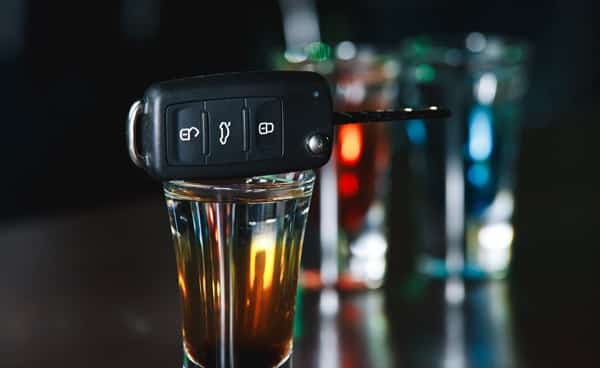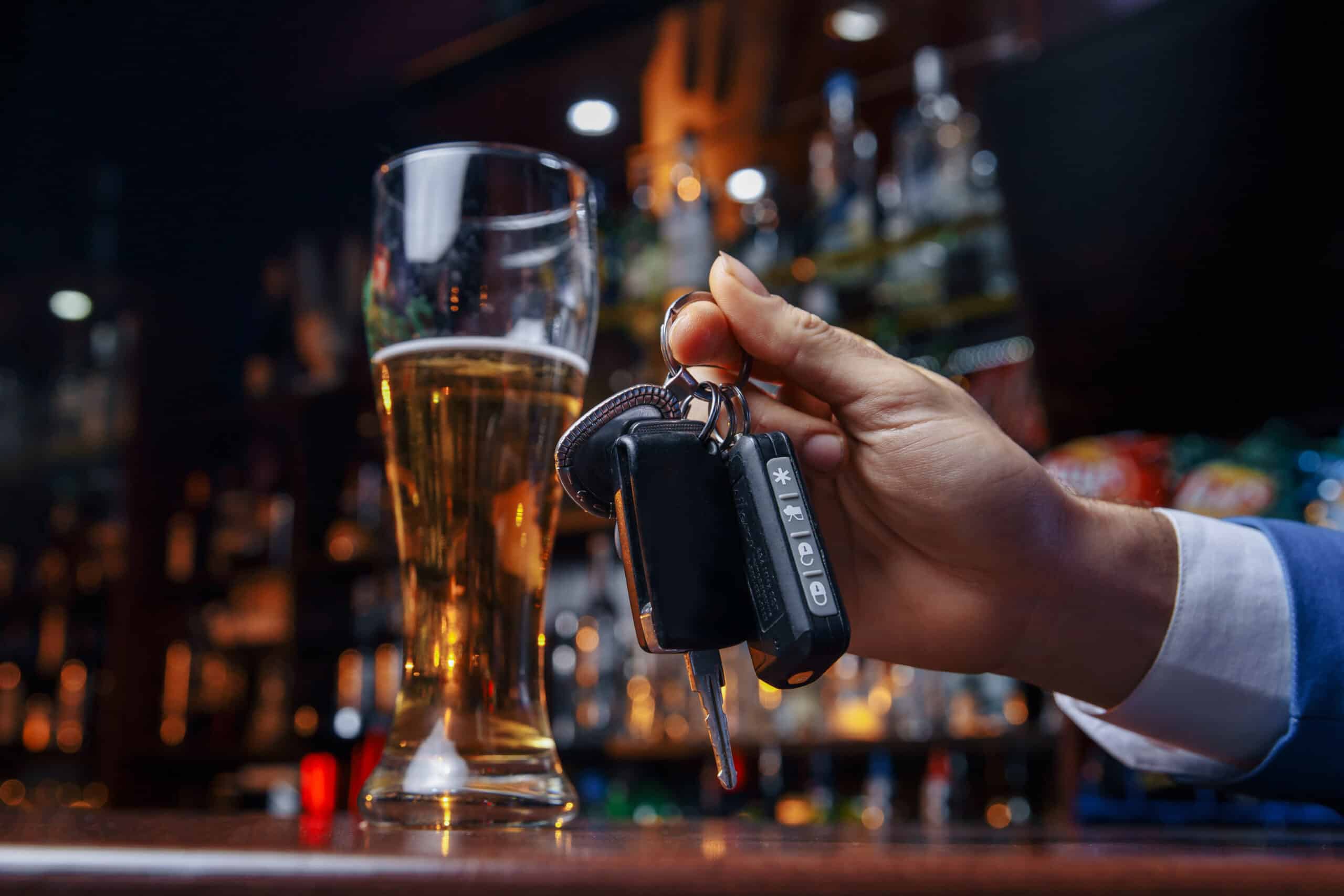Facing DUI charges (referred to as OWI in Michigan) can have a serious personal and professional impact. A conviction can mean significant financial strain due to fines and legal fees and the potential loss of driving privileges, which can affect one’s ability to work. A criminal record can make it difficult to find another job, and there is also the possibility of jail time.
Many people arrested for DUI wish they never got behind the wheel after drinking. However, new technology could prevent drivers from driving impaired.
Federal regulators take the first step
The National Highway Traffic Safety Administration (NHTSA) has initiated the process of making impaired-driving prevention technology standard in new passenger vehicles. This announcement of an Advance Notice of Proposed Rulemaking aligns with the requirements set forth in the Bipartisan Infrastructure Law.
The technology holds the promise of saving lives by preventing drunk driving accidents. Drivers who have been drinking also won’t face any DUI charges, as they won’t be able to start the car.
Types of impaired-driving prevention technology under development include the use of:
- Breath Sensors: This approach directly analyzes a driver’s breath alcohol content (BAC). As the driver starts the car, they would blow into a sensor integrated into the steering wheel or dashboard, similar to a breathalyzer test.
- Touch Sensors: This approach utilizes near-infrared spectroscopy. Sensors embedded in frequently touched surfaces, such as the steering wheel or gear shift, analyze the driver’s skin for the presence of alcohol. The technology measures light absorption patterns to estimate BAC.
- Eye-Movement Monitoring Cameras: Sophisticated cameras are positioned strategically within the car’s cabin. These cameras would track the driver’s eye movements, pupil dilation, and even blinking patterns. Algorithms analyze these subtle cues to detect signs of intoxication, such as sluggish eye movement, drooping eyelids, or erratic blinking.
The next steps involve gathering information about the state of technology for detecting impaired driving and determining how to deploy such technology safely and effectively.
There’s a lot at stake when you’re facing DUI charges
While DUI technology in cars has the potential to help keep drunk drivers off the road, that doesn’t mean police will stop charging individuals with DUI. If you’re facing DUI charges, it’s crucial to understand your legal rights and seek the help of an experienced DUI defense lawyer.
A conviction can change your life in many ways. An experienced attorney will be familiar with the laws and how prosecutors build cases.
Depending on the circumstances of your case, a lawyer may be able to weaken the prosecution’s case based on:
- The administration of field sobriety tests: A lawyer may be able to argue that the tests were not administered properly according to protocol, affecting the reliability of the results.
- Physical condition: If you have any injuries or illnesses, your lawyer can argue they affected your performance on field sobriety tests or the breathalyzer’s accuracy.
- Environmental factors: Conditions such as bad weather or poor lighting can be argued to have influenced the results of field sobriety tests.
- Breathalyzer calibration and maintenance: An attorney might challenge the calibration and maintenance records of the breathalyzer used, questioning its accuracy.
- The legality of a traffic stop: It’s possible that there were insufficient legal grounds for pulling you over in the first place.
Don’t take chances with your future
At Manley & Manley, our DUI defense attorneys provide aggressive legal representation for clients who are facing DUI charges. If you were arrested for DUI in Flint or Genesee County, there’s no time to waste. Contact us today to schedule a free and confidential case evaluation.



